We clamor for equality chiefly in matters in which we ourselves cannot hope to obtain excellence
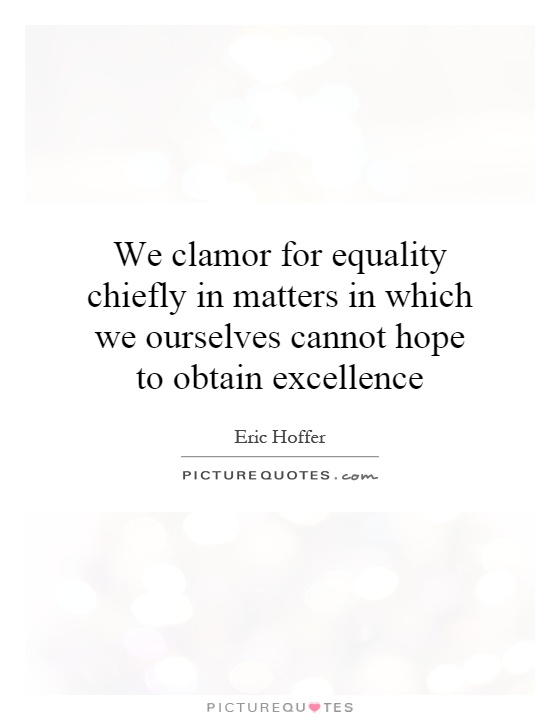
We clamor for equality chiefly in matters in which we ourselves cannot hope to obtain excellence
Eric Hoffer, a renowned American philosopher and author, once said, "We clamor for equality chiefly in matters in which we ourselves cannot hope to obtain excellence." This statement holds a profound truth about human nature and the way we perceive equality in society.Hoffer's words suggest that people often demand equality in areas where they feel inadequate or lack the ability to excel. This can be seen in various aspects of life, such as education, career opportunities, and social status. In these areas, individuals may feel a sense of insecurity or inferiority, leading them to advocate for equality as a way to level the playing field.
One of the reasons why people clamor for equality in areas where they cannot hope to obtain excellence is the fear of being left behind or marginalized. In a competitive society, where success is often measured by achievements and accomplishments, those who feel they are falling short may seek equality as a means of ensuring they are not disadvantaged or discriminated against.
Moreover, the desire for equality in areas where one cannot excel may also stem from a sense of entitlement or entitlement. People may feel that they deserve the same opportunities and privileges as others, regardless of their own abilities or efforts. This sense of entitlement can lead to a sense of entitlement and a belief that they are entitled to the same rewards and recognition as those who have worked hard to achieve excellence.
Furthermore, the clamor for equality in areas where one cannot hope to obtain excellence may also be driven by a desire for validation and acceptance. People may seek equality as a way to feel included and valued in society, even if they do not possess the skills or talents to excel in a particular field.

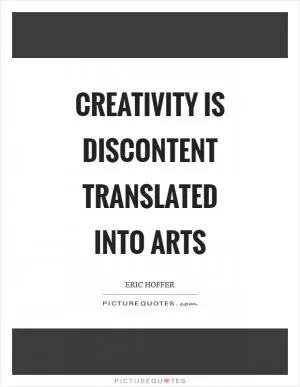
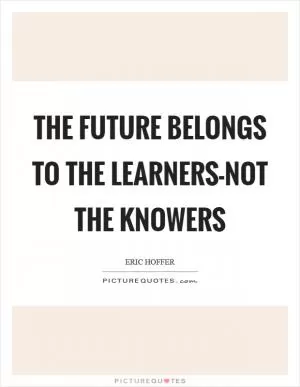

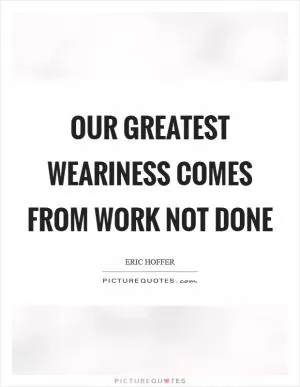
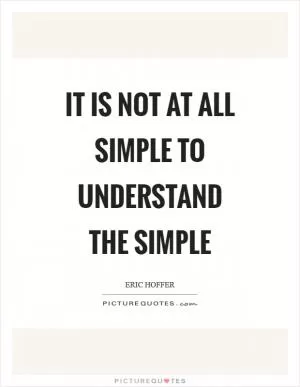
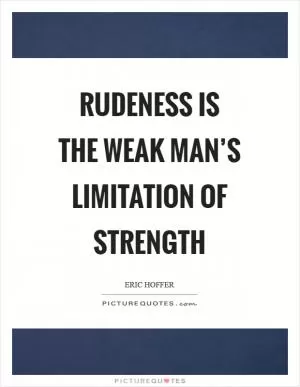
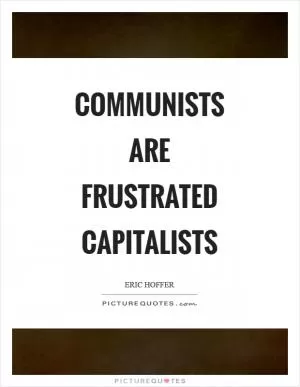
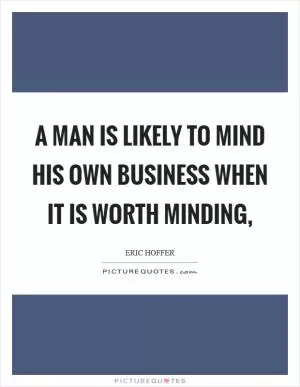
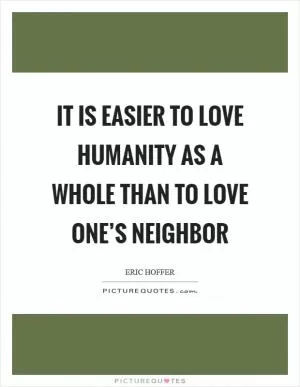
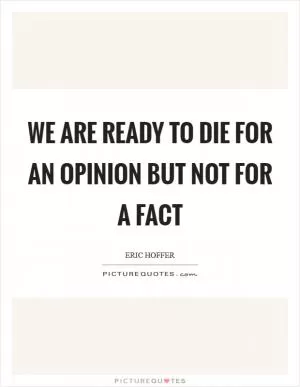

 Friendship Quotes
Friendship Quotes Love Quotes
Love Quotes Life Quotes
Life Quotes Funny Quotes
Funny Quotes Motivational Quotes
Motivational Quotes Inspirational Quotes
Inspirational Quotes